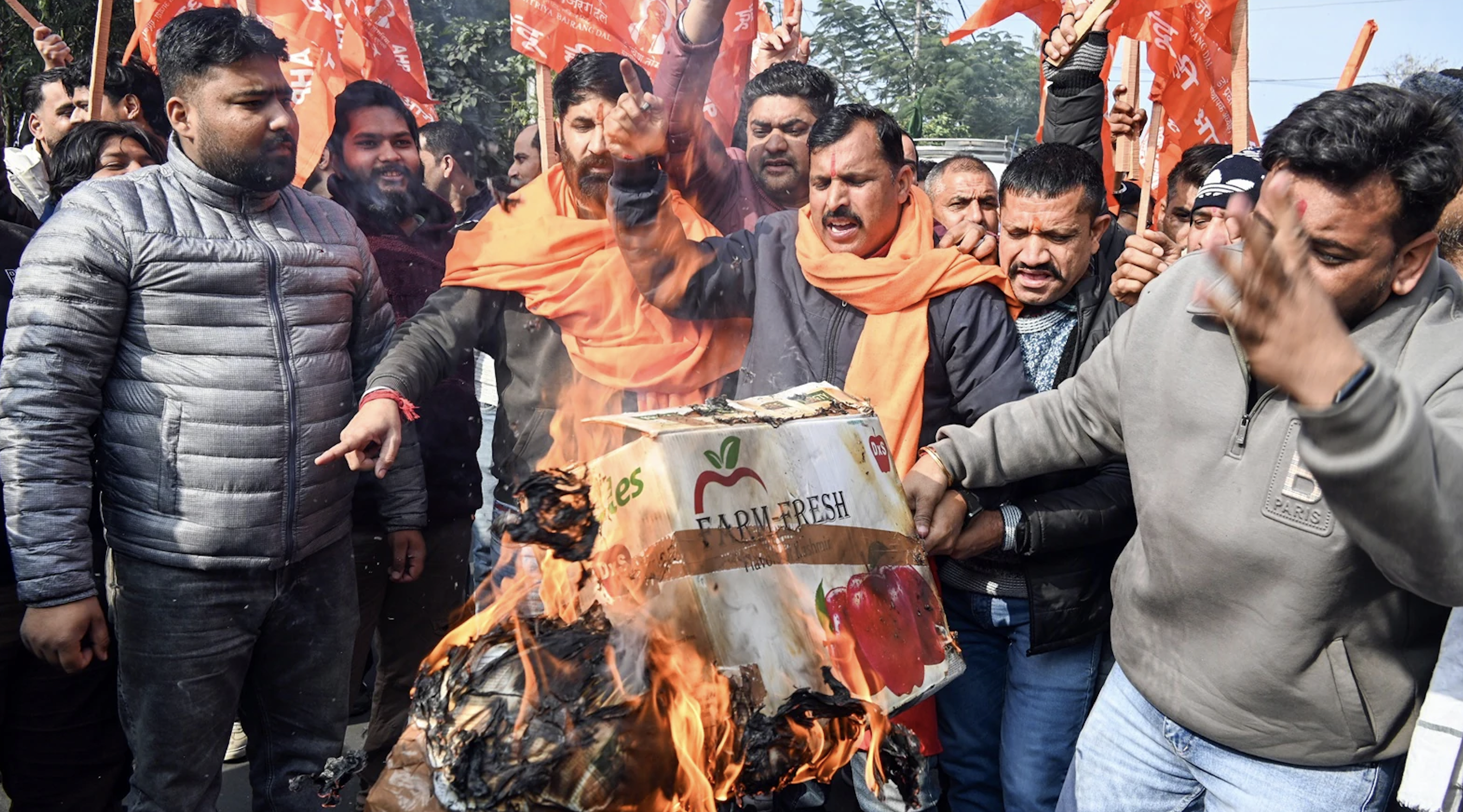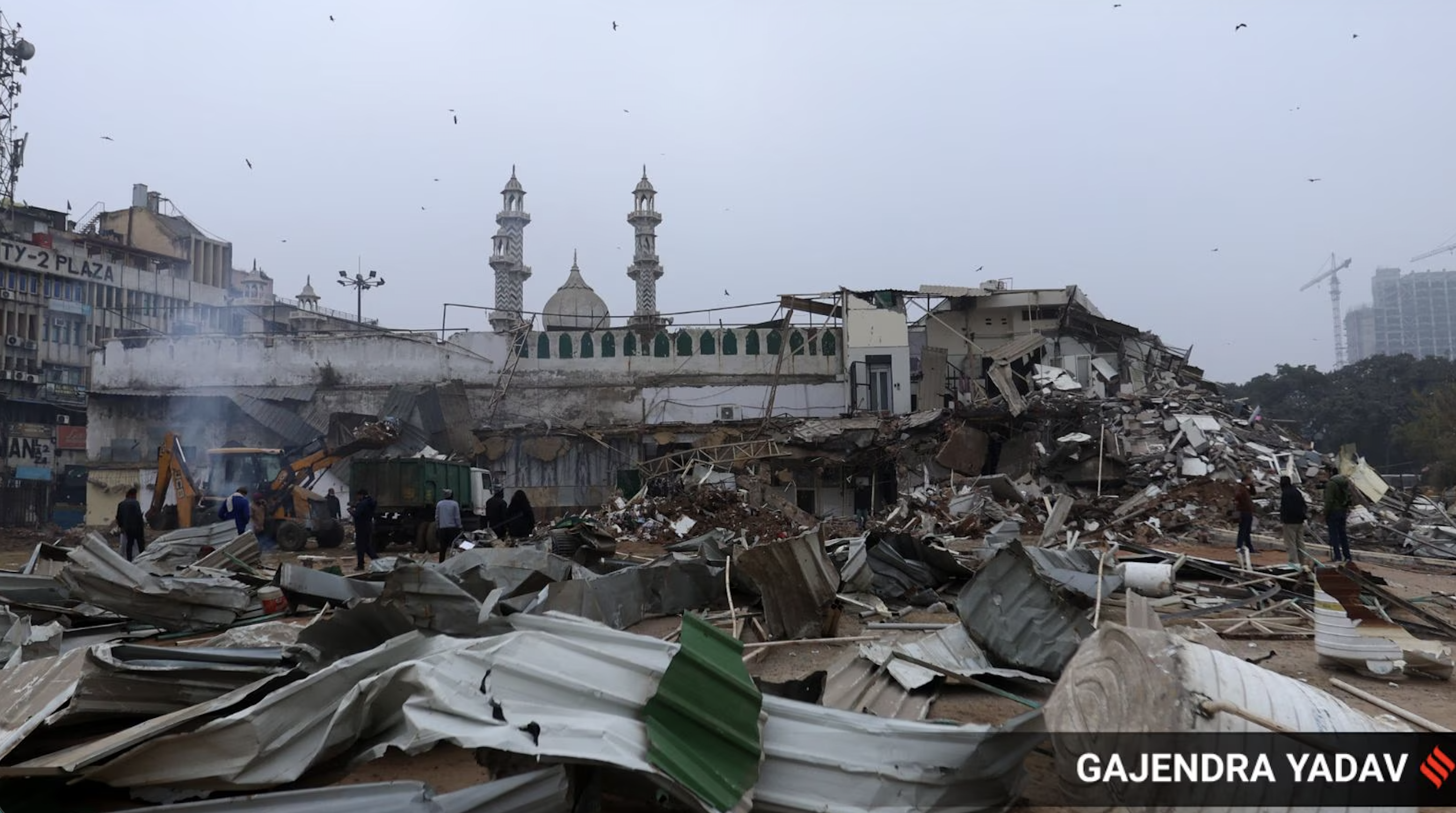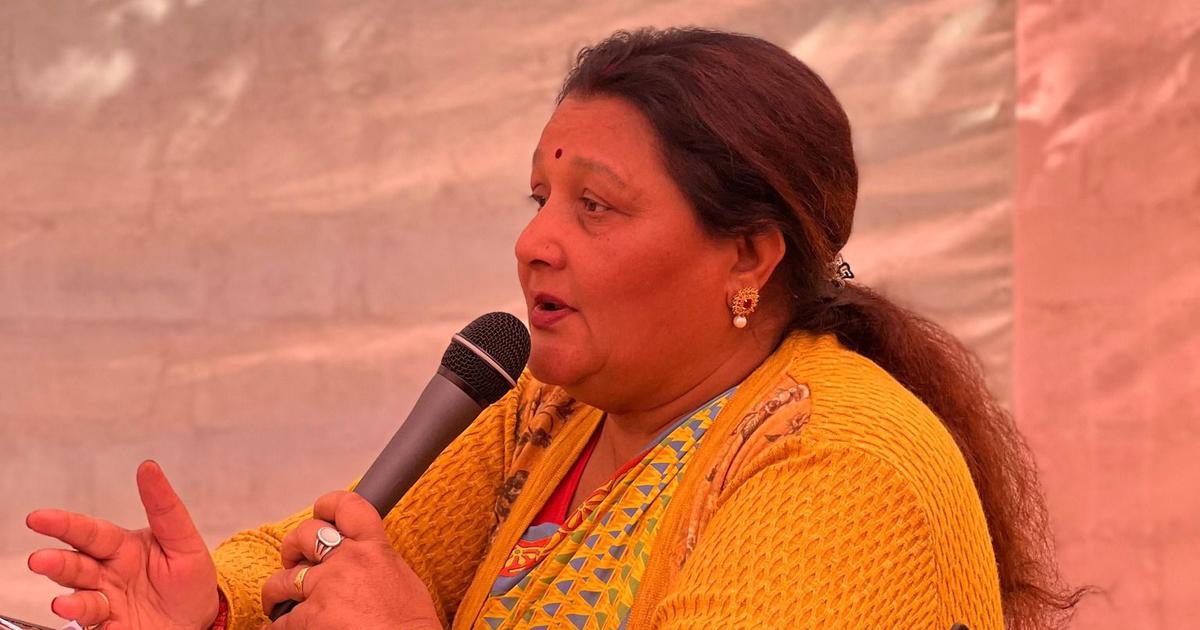By Anisha Dutta
India’s first prime minister, Jawaharlal Nehru, was urged by his most senior general to agree to a ceasefire with Pakistan in 1948, the Guardian can reveal after viewing letters on Kashmir that have been kept classified in India for decades.
The correspondence from the then commander-in-chief, Gen Sir Francis Robert Roy Bucher, will have significant political ramifications for the current nationalist government in Delhi, which has discredited Nehru’s decision to come to a compromise on the status of disputed Kashmir as an ill-informed “blunder”.
Narendra Modi’s government has used that reasoning to justify stripping Kashmir of special status in 2019 and tightening its grip over the region.
However, a series of letters – which Modi’s administration has sought to keep classified – show Nehru was in fact acting on advice from his most trusted adviser in the army, who warned India would not be able to withstand continued military operation in Kashmir for long, and a political compromise was needed.
In his message to Nehru dated 28 November 1948, Bucher warned of fatigue among Indian troops in Kashmir, adding that an “overall military decision was no longer possible”.
“Army personnel evince two weaknesses, lack of training in the junior leaders, tiredness and ennui in the other ranks … In brief, the army needs respite for leave, training, and vitalising.”
Nehru, in response, raised concerns over reports that Pakistan intended within weeks to bomb Indian positions from the sky. Meanwhile, Pakistan was building roads to maintain and advance its positions.
In another letter to Bucher sent on 23 December 1948, Nehru wrote: “It is clear to me that we cannot rely on Pakistan remaining on the defensive.” He added: “In the event of Pakistan continuing their persistent shelling and offensive operation and our not being able to check this there, there is every likelihood of war taking place with Pakistan.”
In a later letter dated 28 December, Bucher made his position clear: “I am afraid we cannot take military action to stop every road-building operation by Pakistan. May I suggest a political approach to this problem.”
The war ended on 1 January 1949 with a ceasefire arranged by the United Nations, and later that year Nehru provided special status to the state of Jammu and Kashmir, giving the region autonomy.
Over the decades, India and Pakistan have fought three more wars over the Kashmir issue and the ensuing border dispute. However, the measures in article 370 provided by Nehru were seen by Kashmiris as crucial to protecting their rights in the India-controlled parts of the Muslim-majority state and also reduced tensions with Muslim-majority Pakistan…
This story was originally published in theguardian.com. Read the full story here






